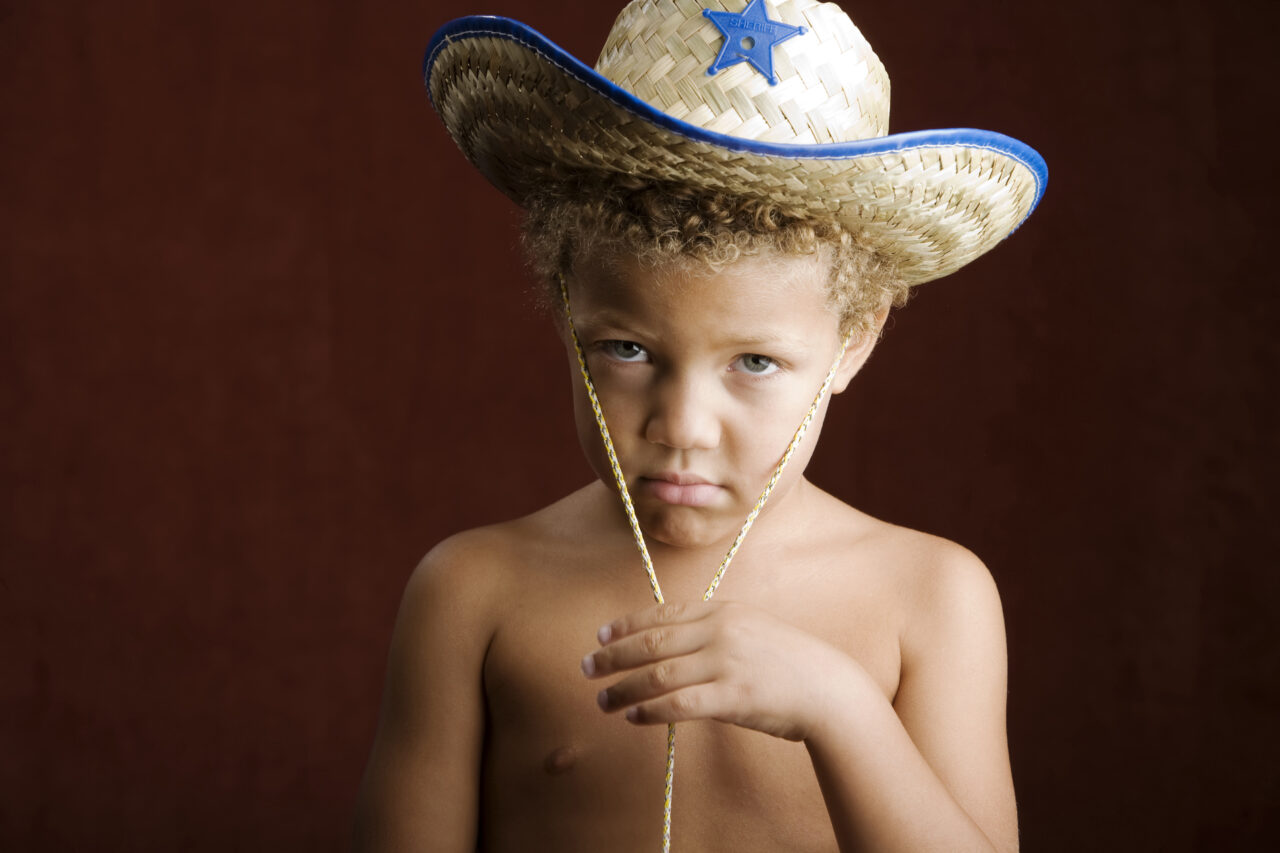The Pain of Parentification
As a child, you were growing up too soon if you experienced:
- Being the peacekeeper and mediating conflict with adults around you
- Raising siblings
- Keeping the entire house clean, doing the washing, cooking, ironing, shopping
- “Stepping up” to take the place of an absent parent
- Keeping dangerous secrets for a loved one
- Stabilizing the emotions of the adults around you
- Parenting your parent(s)
- Lying or hiding the truth to maintain a family image
- Fulfilling your parent’s lost dreams
Sadly none of these should have been your responsibility. This is a role reversal. Where the child acts as the parent, because the parent is dealing with their own ‘stuff’. Parents experiencing their own trauma does not reduce the pain of parentification, and devastatingly, they can pass that trauma on to you.
Getting needs met
When needs go unmet, it can feel like a big gaping hole inside. When you haven’t felt loved, wanted or cared for – it leaves its mark. Creating wounds and an inability to pass on love and support. People use work, drink, drugs, risky behaviour, or children to heal wounds and meet their needs. Because a need isn’t a nice to have, its a necessity, like breathing – and as humans we meet our needs in anyway we can, however unhealthy and damaging this may be. Maintaining dysfunctional families and trauma. Until someone chooses to face the pain.
Its not about you
If you had to make sure your Parent(s) were happy, be a shoulder to cry on, listen to their problems, be their friend, not upset them, put them first, and give them attention – then you were the one regulating your Parent. It’s not about you, you didn’t come first, you had to tip toe round their general behaviour, moods, and how they feel. Always focusing outwards on others, results in not really knowing yourself as you need to be able to twist and turn to adapt to situations as they arise. Consequently this shows up in being excessively quiet, not showing sadness or crying, not requesting any attention, trying to always be happy, always being the ‘good child’, not wanting to be a burden – meaning you didn’t need anything so didn’t require parenting. Basically not receiving the comfort, care, safety or love every single child needs to thrive.
And then hiding how that feels.
As a child, this wasn’t your responsibility. The family issues meant growing up too soon.
But a shared responsibility
Historically, families with large numbers of children expected the oldest to share the responsibility and become a ‘mini parent.’ Or if two parents are experiencing stress it’s easy to see how ‘being a bit more grown up’ could really help the situation. A divorce, bereavement, work, health or financial issues. Passing down the responsibility. Seeing parentification isn’t always easy. Especially when the real basic needs like food, clean clothes, neat home are provided.
Its in the absence of emotional support that difficulties arise.
Relational Trauma
So this creates early relational trauma, where the child needs to soothe and be attentive to the Parent(s) needs. The child can be left feeling lonely, abandoned, rejected, anxious or have repressed anger (that’s avoided, pushed down or ignored because they can’t show how they really feel) Passing on the wound again. Developing a similar hole that needs filling because love and acceptance for being the great child you are wasn’t experienced and internalized. Thus continuing the cycle.



